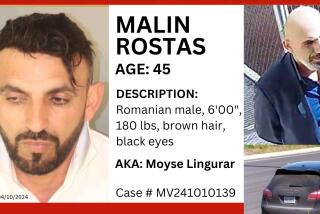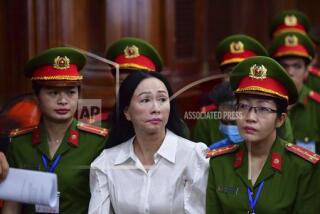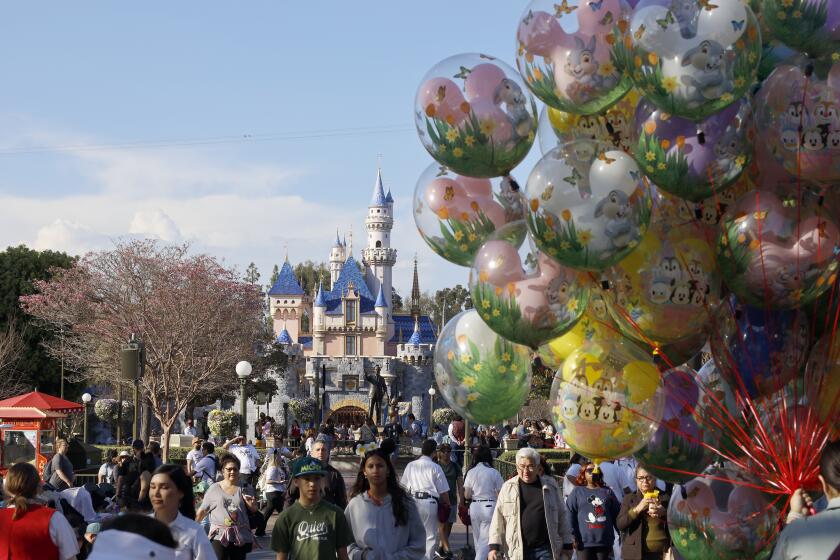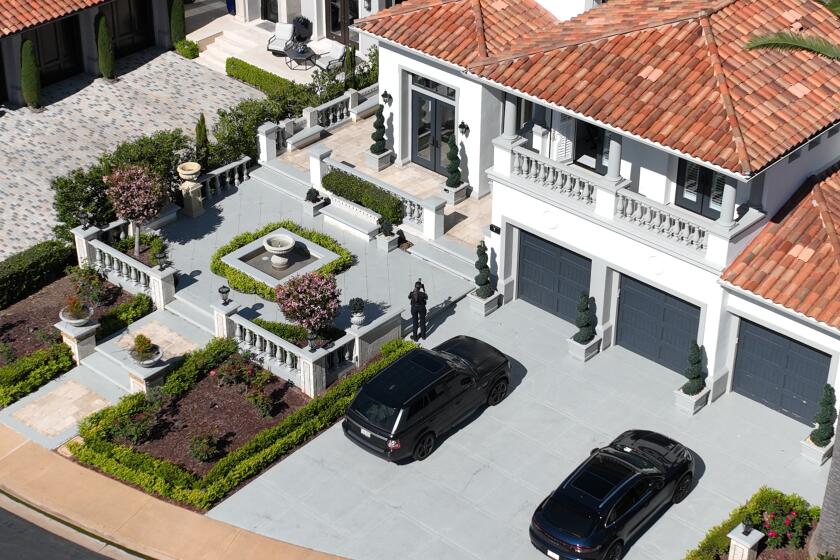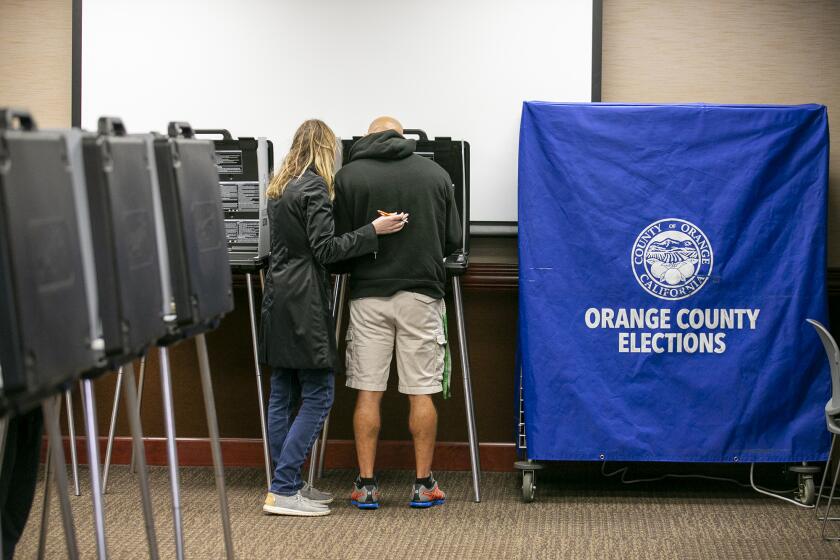SEC alleges that Little Saigon church fronted a $25 million Ponzi scheme
Tam Doan reacted with sketpicism when he heard a radio ad promising 12% returns if listeners invested with a fund operated by a Little Saigon church.
Against his better judgment, the 60-year-old Fountain Valley resident drove to the the Church for the Healthy Self in Westminster and spoke with the supposed nonprofit’s leadership. Seeing an office, employees and a conference room — the bearings of any legitimate business — assuaged his reluctance.
“I thought to myself, ‘They have staff, a physical location and a website, so why would somebody go through all of that to commit fraud?’ ” Doan said. “I think I was naive.”
He invested $3,000 in July 2018. As the months passed, Doan received statements showing big returns. He invested an additional $10,000 in September and then $7,000 in mid-March.
A few days after his last deposit, he learned the U.S. Securities and Exchange Commission had filed a lawsuit against the Church for the Healthy Self, alleging lead pastor Kent Whitney was running a $25 million Ponzi scheme.
Whitney, 37, and his co-pastor, David Parrish, 47, both of Newport Beach, allegedly targeted the Vietnamese community by advertising on Little Saigon radio and television stations as well as on Youtube, according to the SEC.
“Instead of generating the promised guaranteed profits, Whitney and Parrish stole millions of dollars of investor funds and paid returns through Ponzi payments,” the SEC said in a March 18 statement.
The church, according to court papers, does not appear to have a sanctuary, only the Westminster office and a website.
The FBI and Robert Mosier, a court-appointed federal equity receiver working with the bureau, has recovered about $4.6 million.

Mosier and his counsel, Costa Mesa-based firm Smiley Wang-Ekvall, are searching for more possible victims.
The SEC has frozen the church’s assets and a federal judge has barred Whitney and Parrish from collecting money.
Attorney Kyra Andrassy has identified 355 investors, some as far away as San Jose and Chicago, but there may be more.
“A few bank accounts have been seized, but they don’t have huge dollars in them,” Andrassy said. “None of it explains where the money went.”
Andrassy said some victims invested their life savings under the misimpression that their accounts were federally insured.
“Unless we uncover a lot more funds, and assuming the amount invested is as we suspect, these victims stand to get little money back,” she said.
Doan said the hit to his finances will make it hard for him to help his daughter pay for college.
“I lost a significant amount,” the father of two said. “We have been working hard to save. I am 60 years old now, and I wish I could have retired in a few years.”
Whitney founded The Church for the Healthy Self in 2014 a few months after he was released from federal prison for defrauding investors along with Parrish in a commodities scheme, according to court documents.
In the recent case, funds were allegedly funneled into the church’s umbrella trust, where the money would supposedly grow tax-free. Investors were told a portion of their investment returns would be given to charities of their choice.
Whitney and his crew allegedly promised the Little Saigon investors security, saying it would take “a nuclear war” to erase their principal investments, court documents claim.
The church didn’t invest or donate any of the money, according to the court documents. Instead, Whitney and Parrish “enriched” themselves and made “Ponzi payments” to investors, using recent investor deposits to pay other investors.
Whitney and Parrish continued to attract investors even after the FBI seized funds from the church’s main bank account on potential federal wire fraud and money laundering statues, court documents say.
Whitney could not be located for comment.
Possible victims can contact Mosier at mosierco.com/robert-p-mosier or (714) 432-0800.
More to Read
Get the Latinx Files newsletter
Stories that capture the multitudes within the American Latinx community.
You may occasionally receive promotional content from the Los Angeles Times.
